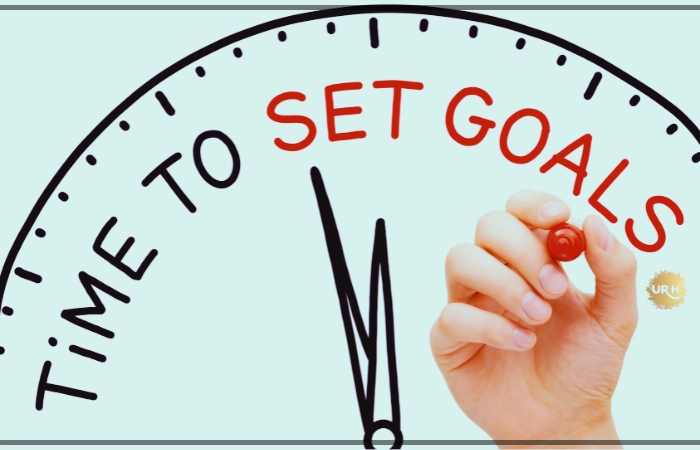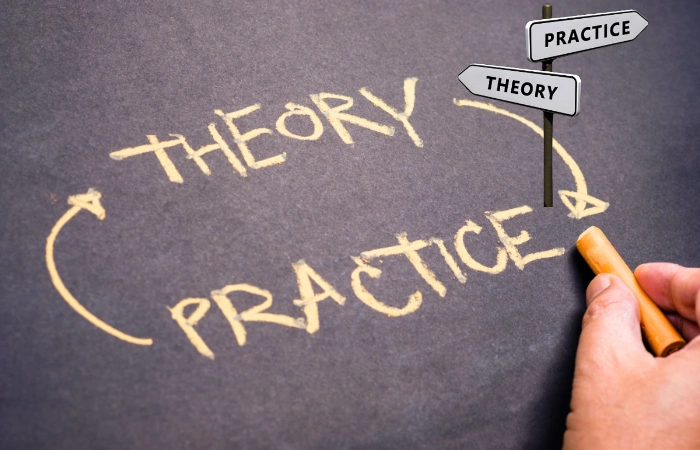How To Improve My Verbal Communication – 7 Powerful Techniques
Verbal communication is the means of expressing oneself through spoken words, it is an essential important skill at every stage of life. Let me tell you if you want to start working on improving your verbal communication, this blog is going to help you.
You spoken words hold the power to connect and influence other individuals. Your spoken words also have the ability to bring together individual cultures and ideas.
You will come to know the 7 powerful techniques to improve your verbal communication.
What is verbal communication ?
When you are able to convey our ideas thoughts and emotions in a clear and concise manner to the other person and he is able to understand. Is a effective communication
This also includes ensuring that the message is understood by the recipient. Sometimes in this process, you may need to take extra effort so that the recipient gets your message.
Effective communication involves below:
- Active listening
- Observing body language
- Responding appropriately
- Summarising conversations
In our daily interactions, effective communication plays an important role in helping the outcomes of our conversations.
7 Powerful Techniques To Improve Verbal Communication Skill
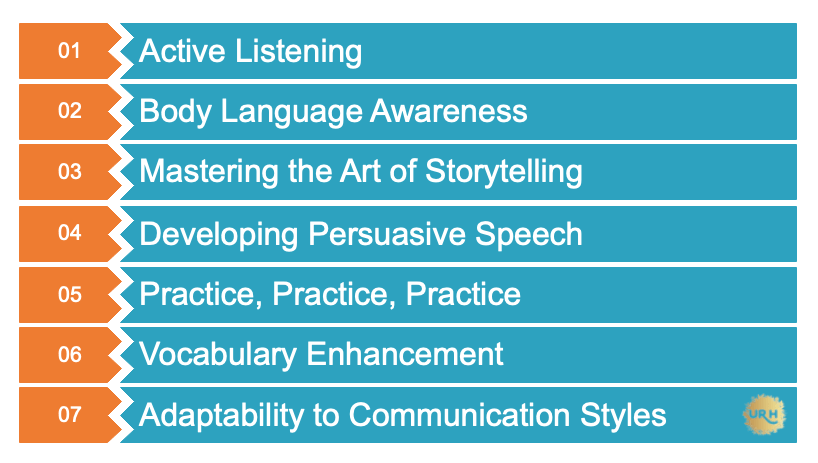
Active Listening

If you want to improve your verbal communication you need to engage more into listening and one of the more critical aspects of effective communication is active listening.
Active listening requires you to give your full attention to the speaker maintain eye contact and be present in conversation.
When you’re actively listening your chances of understanding the message is great you also show empathy and ask relevant questions during the conversation.
Avoid stopping the speaker in between his talk, instead ask your clarifications and questions later.
Body Language Awareness
When you are engaged in conversation, pay attention to your own body language and observe others to enhance the overall experience of communication and understanding.
Things such as your facial expressions and posture play a significant role in communication.
Mastering the Art of Storytelling
Since your childhood, you have learned many lessons through the stories. Stories have the ability to hold an audience’s attention and deliver messages in an unforgettable fashion.
When making your presentation, for instance, including a personal case study might help the audience connect with your message more deeply.
Developing Persuasive Speech:
Clearly defining your objective and presenting compelling arguments supported by evidence/examples will help you to improve your persuasive speech.
It is an important skill in the context of negotiations and public speaking engagements.
Practice, Practice, Practice
When it comes to improving your verbal communication skills there is no alternative to practice.
So you need to look for opportunities to engage in conversations and presentations or public speaking events.
I suggest you can consider joining clubs or groups that promote public speaking. Also, do not forget to get feedback and utilize them for further improvement.
Vocabulary Enhancement
By reading a variety of different genres and subjects will help you to improve your vocabulary as you will get introduced to new words and phrases.
Try and experiment with these new learnings by including them in your daily conversations and written communication.
Adaptability to Communication Styles
Expose yourself to different people as they have different communication styles and it will help you be adaptable to various conversations.
Observe the communication patterns and preferences of words of other people and adjust your response or approach accordingly.
Being able to adapt and resonate with others will help you to build a strong relationship based on effective communication.
Verbal Communication Examples
Verbal communication can take various forms, each serving a different purpose:
Conversations:
Everyday conversations are the most common form of verbal communication. Be it our casual chats with friends or have important discussions with colleagues.
These conversations allow us to exchange information and express our thoughts and emotions.
Public Speaking and Presentations

Verbal communication also includes formal speaking activities such as presentations and lectures. This type of communication requires careful organisation and the ability to engage and connect with the audience.
Phone and Video Calls
Verbal communication extends beyond face-to-face interactions. When you are having a phone call or a video conference, you rely on spoken words to communicate, requiring effective listening and clear expression while delivering messages to others.
Negotiations and Interviews
In job interviews or negotiation meetings, verbal communication skills are critical. Effectively expressing oneself and highlighting strengths become essential in these scenarios.
Why Verbal Communication Skills are Important?
Verbal communication is very important due to the number of benefits which provides and the impact it holds in various conversations we have on a daily basis.
Below are my favourite benefits verbal communication provides.
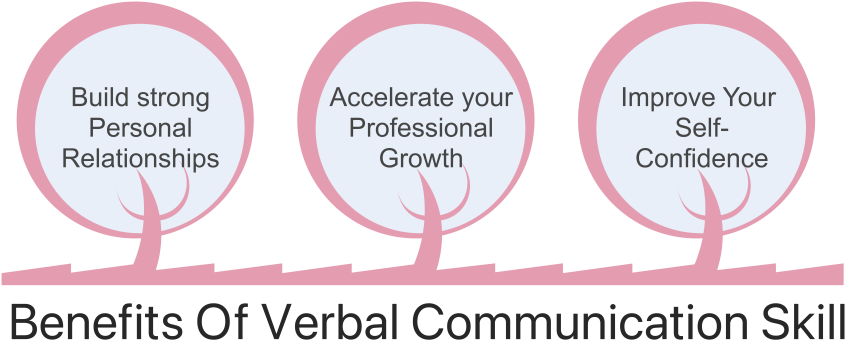
Personal Relationships
When you express ourselves clearly and genuinely, you establish trust and emotional connection with another person.
It allows you to convey your feelings and needs fostering empathy and strengthening the bond with our loved ones.
Professional Growth:
In Office/Corporate environment, effective communication is very important and useful for collaboration and productivity.
By expressing your ideas and actively listening to colleagues, you contribute to a positive work environment and build strong professional relationships.
Self-Confidence:
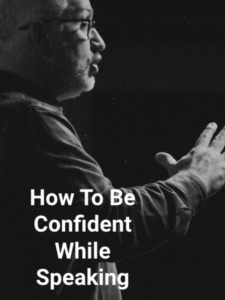
You feel more confident and capable when you are able to express your thoughts and ideas clearly to others. YOur self-confidence rises as you experience successful outcomes.
How To Improve Verbal Communication Skills – Practical Tips
I suggest here some practical tips that you can readily implement in your everyday interactions to improve your verbal communication skills.
Ways to improve verbal communication:
Speak Clearly
Whenever you get a chance make an effort to speak in a clear and concise manner. Avoid using unnecessary jargon or complex language that may confuse the listener/another person.
Pay Attention to Your Tone:
Avoid sounding confrontational or dismissive, as it impacts the other person in conversation. Your tone of voice actually impacts how your message is received by the other person.
Try and practice speaking with a warm and inviting tone, that can help to create a comfortable and engaging atmosphere in your interactions.
Take Advantage of Pauses
It is very important to know when to take pause during your interaction and for how long. When you take a pause at a strategic moment it can add impact to what you are trying to convey.
Practice using pauses to emphasise important points or allow your listener to get the complete message that you want to deliver.
FAQ – Improving Effective Communication Skills
How to improve your verbal communication skills
Practice active listening and using received information to react correctly.
Pay attention to your tone.
Speaking clearly is very important, use simple words
Practice more
How can I speak more confidently?
Speaking confidently comes with practice and preparation. Start by preparing and organizing your thoughts before speaking and gradually expose yourself to speaking in front of others.
How I can enhance my vocabulary?
Reading regularly and learning new words can help expand your vocabulary.
Is it important to seek feedback?
Yes, seeking feedback from others allows you to identify areas for improvement and gain valuable insights into how you can enhance your communication style.
Conclusion
So, bringing improvement in your verbal communication skill is an ongoing process. By investing your time and effort in improving verbal communication and how you can express yourself verbally can actually give you many benefits in the future.
I suggest taking the time analyse yourself and pick up any of these techniques we have discussed and start practicing them in your daily interactions.
This first step will take you on the journey of improving your verbal communication skill.
Let me know you thoughts/experience in comment section below.




